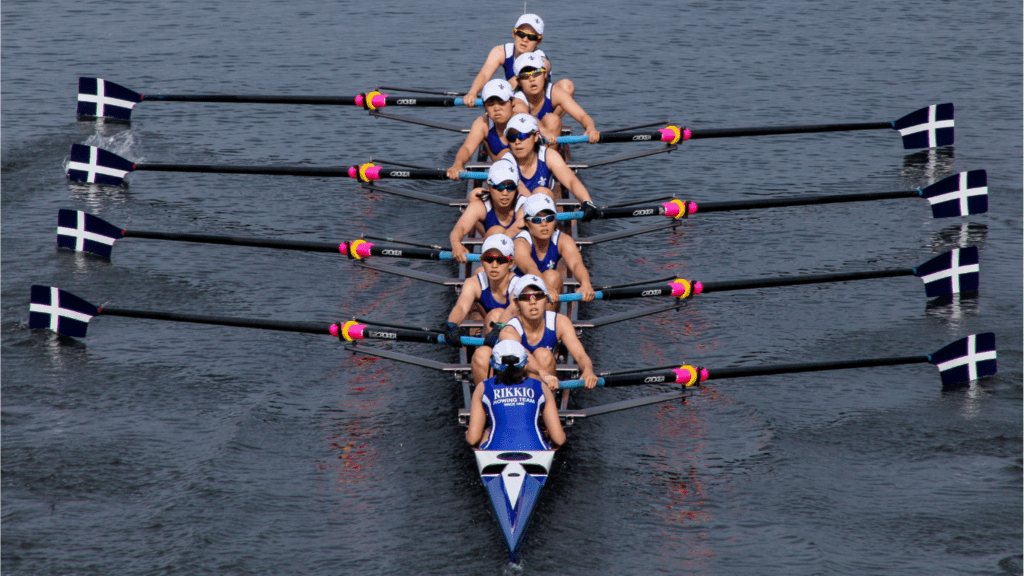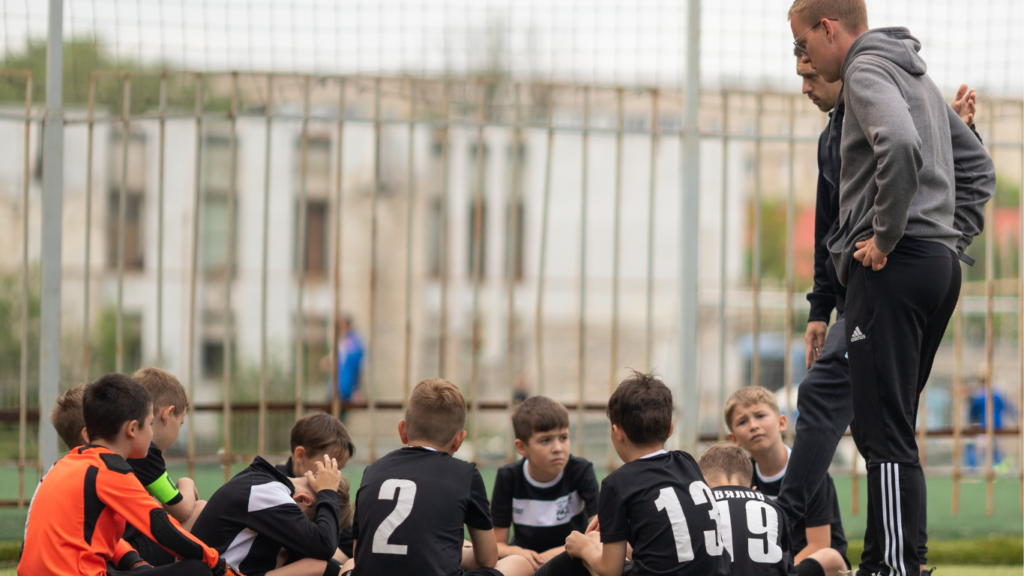The Impact of Sports on Community Cohesion
Sports play a significant role in fostering unity and togetherness within communities.
The shared support for a team or athlete can bring people from diverse backgrounds together, creating a sense of belonging and camaraderie.
Uniting Through Shared Support
Supporting a sports team or individual athlete creates a common ground for people to connect and bond.
Whether it’s cheering for a local team or rallying behind a national representative, the shared experience of victory or defeat helps forge relationships and bridge societal divides.
Addressing Social Divisions via Team Spirit
Team spirit cultivated through sports can help address social divisions by promoting inclusivity and mutual respect.
When individuals come together to support a common cause in:
- sports
- barriers based on race
- ethnicity
- or socio-economic status
can be broken down, fostering a more cohesive and harmonious community.
Economic Effects of Hosting Major Sporting Events
1. Boosting Local Businesses and Employment
Major sporting events can have a significant impact on local businesses and employment opportunities.
When a city hosts a major sports event such as the Olympics or a World Cup, there is a surge in tourism, leading to increased revenue for local businesses.
For example, hotels, restaurants, and shops often experience a rise in customers during these events.
This boost in economic activity can result in job creation across various sectors, from hospitality to retail, providing employment opportunities for local residents.
By hosting major sporting events, cities can revitalize their economies and provide a platform for small businesses to thrive.
2. Long-Term Infrastructure Improvements
Hosting major sporting events often requires significant investment in infrastructure.
To accommodate the influx of visitors and participants, cities need to upgrade transportation systems, build new stadiums, and improve overall urban infrastructure.
While these investments can be substantial, they can lead to long-term benefits for the city.
Improved transportation networks and modernized facilities can enhance the quality of life for residents even after the event is over.
Additionally, infrastructure improvements can attract further investment and development, transforming the city into a more attractive destination for future events and tourists.
Cultural Exchange and International Awareness

1. Celebrating Diversity Through International Competitions
Sports have a unique ability to celebrate diversity and promote cultural exchange on a global scale.
International competitions, such as the Olympics or FIFA World Cup, bring together athletes and spectators from various countries, showcasing a rich tapestry of traditions, languages, and customs.
These events serve as platforms for different cultures to interact, learn from one another, and appreciate the beauty of diversity.
As I witness athletes from around the world coming together to compete, it becomes evident how sports can transcend language barriers and unite people under a common passion for athletic excellence.
2. Fostering Global Relationships
Major sporting events are instrumental in fostering global relationships and improving international awareness.
Through participation and viewership of these events, individuals across the globe gain insights into different societies, customs, and values.
The shared experience of supporting teams or athletes can create connections among people from diverse backgrounds, fostering a sense of mutual respect and understanding.
As I reflect on the impact of sports on global relationships, I realize that these events serve as catalysts for building bridges between nations and promoting peace through friendly competition.
Health and Lifestyle Encouragement in Society
Promoting Public Health Initiatives
Sports play a vital role in promoting public health initiatives within society. Athletes serve as role models for individuals, inspiring them to adopt active lifestyles and prioritize physical fitness.
The visibility of these athletes, both on and off the field, encourages people to engage in regular exercise and recreational activities.
By promoting the importance of staying active, sports contribute to reducing the prevalence of sedentary lifestyles and related health issues such as obesity and cardiovascular diseases.
Inspiring Individual Participation in Sports
The participation of individuals in sports is greatly inspired by major sporting events that showcase the dedication, passion, and skill of athletes.
These events serve as a platform for aspiring athletes to set goals, hone their talents, and strive for excellence in their chosen sports.
Witnessing the achievements of professional athletes motivates individuals to pursue their sporting interests, whether recreationally or competitively.
The emphasis on sportsmanship, discipline, and teamwork in these events fosters a culture of sports participation, encouraging individuals to lead active and fulfilling lives through physical activity.
Challenges Faced by Communities Post-Events
The Problem of Unused Sporting Venues
After major sporting events conclude, communities often face the challenge of dealing with underutilized sporting venues.
Despite the initial excitement and investment to build state-of-the-art stadiums or arenas, many of these facilities struggle to find sustainable uses post-event.
It’s essential for communities to have long-term plans in place to repurpose these venues effectively to avoid them becoming costly burdens for taxpayers.
Balancing Cost with Benefit for Local Residents
One of the primary challenges post-major events is finding a balance between the economic costs incurred and the actual benefits received by local residents.
While hosting such events can bring economic opportunities and infrastructure development, there is also a significant financial burden associated with organizing and maintaining these events.
Communities must carefully assess the true economic impact and weigh it against the costs to ensure that hosting major events is genuinely beneficial in the long run for their residents.


 Hisako Turner (Author & Senior Political Correspondent)
Hisako Turner is an author and Senior Political Correspondent at The Vital Insight Hub. Known for her deep understanding of global politics and her ability to break down complex issues, Hisako leads the platform’s coverage of international events and political affairs. Her extensive experience in the field and attention to detail ensure that The Vital Insight Hub offers readers well-rounded and thoroughly researched articles.
Hisako Turner (Author & Senior Political Correspondent)
Hisako Turner is an author and Senior Political Correspondent at The Vital Insight Hub. Known for her deep understanding of global politics and her ability to break down complex issues, Hisako leads the platform’s coverage of international events and political affairs. Her extensive experience in the field and attention to detail ensure that The Vital Insight Hub offers readers well-rounded and thoroughly researched articles.

